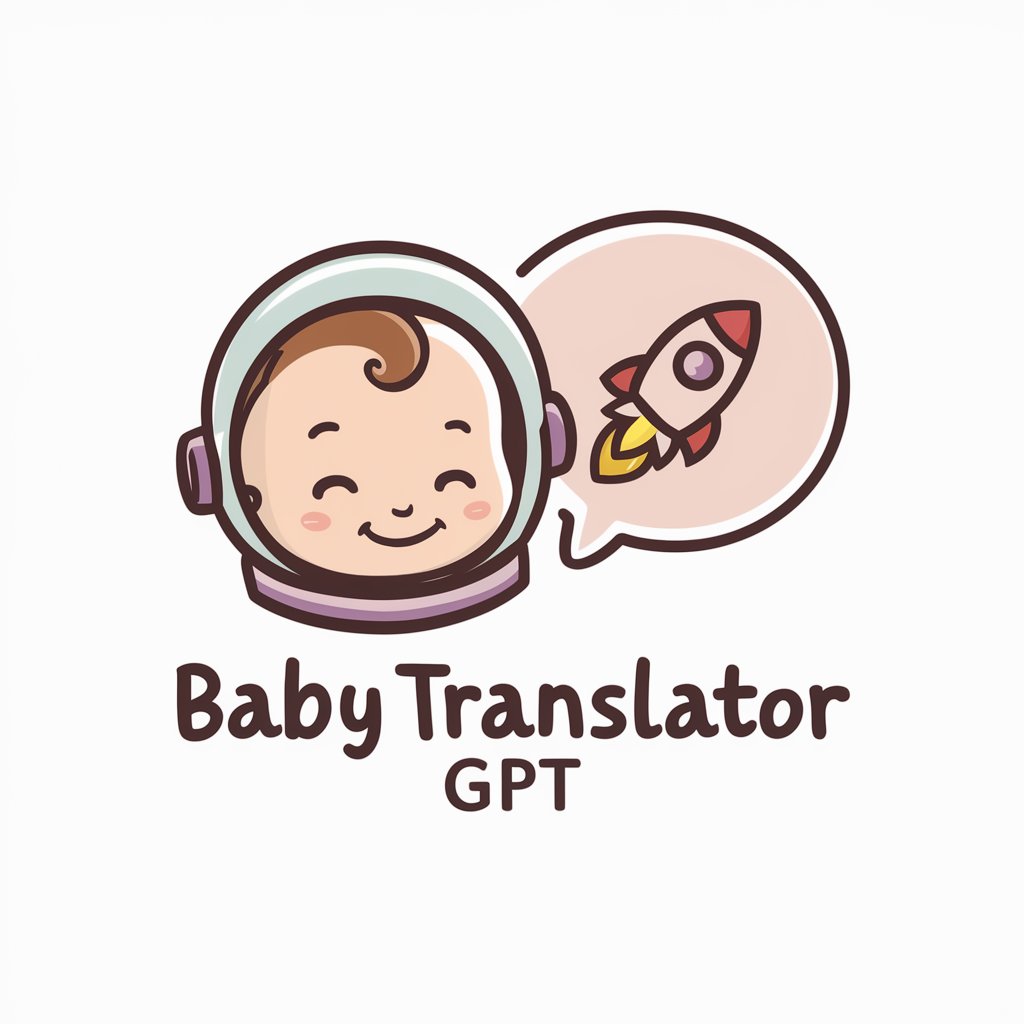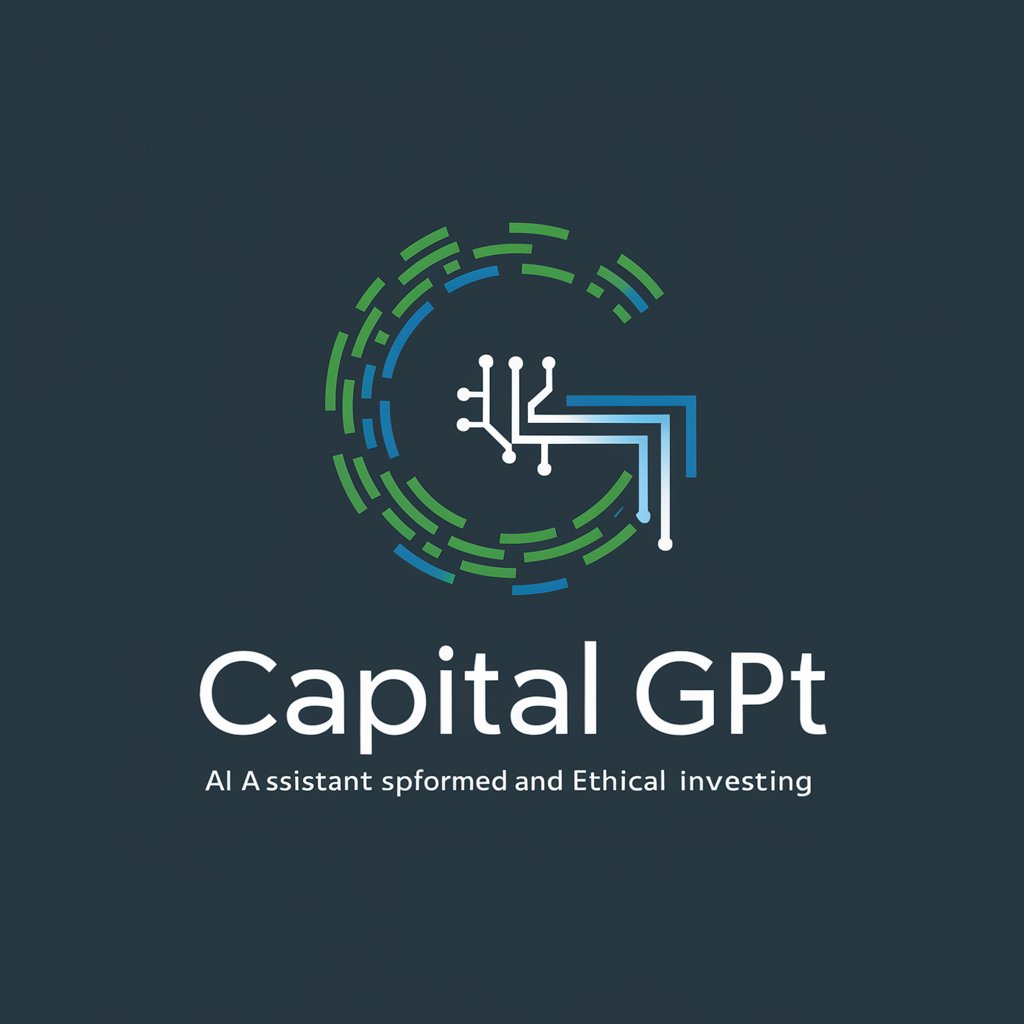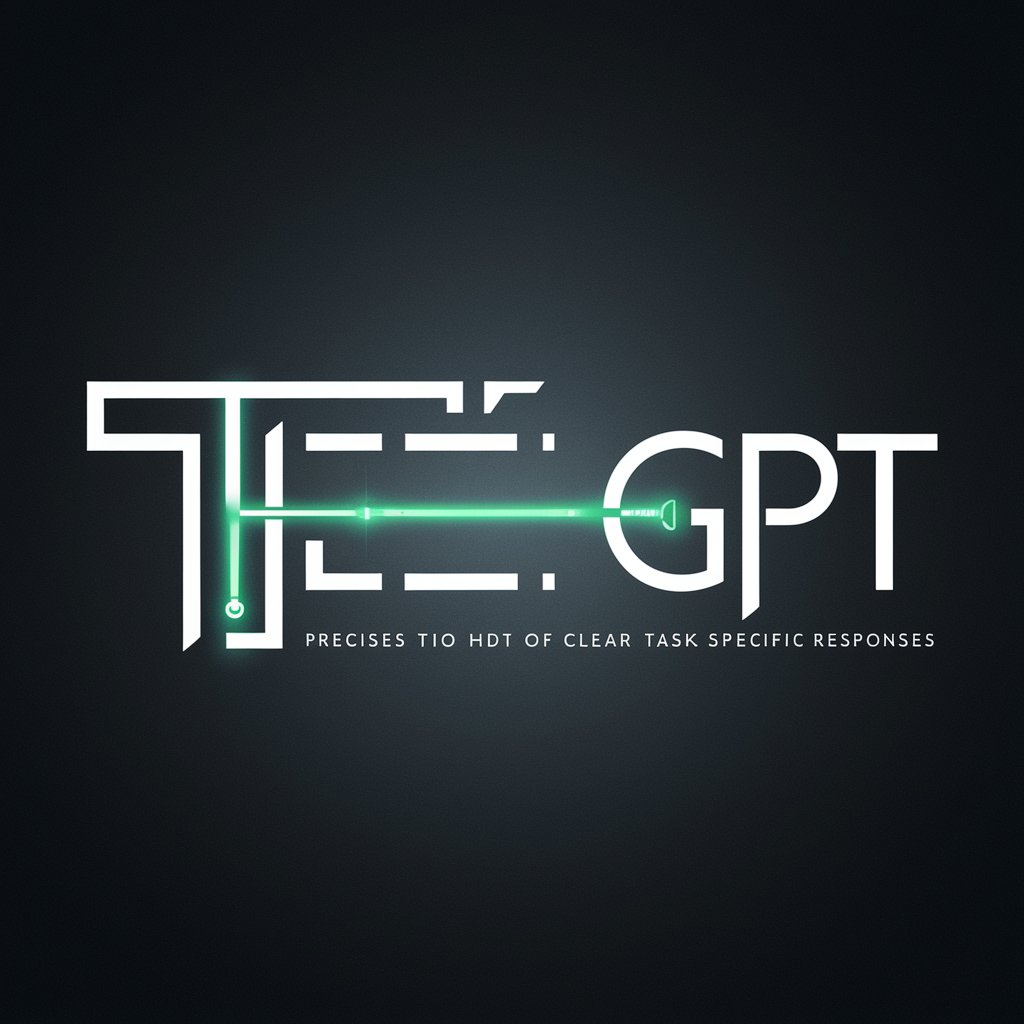
TestGPT - Integration & System Testing Guide
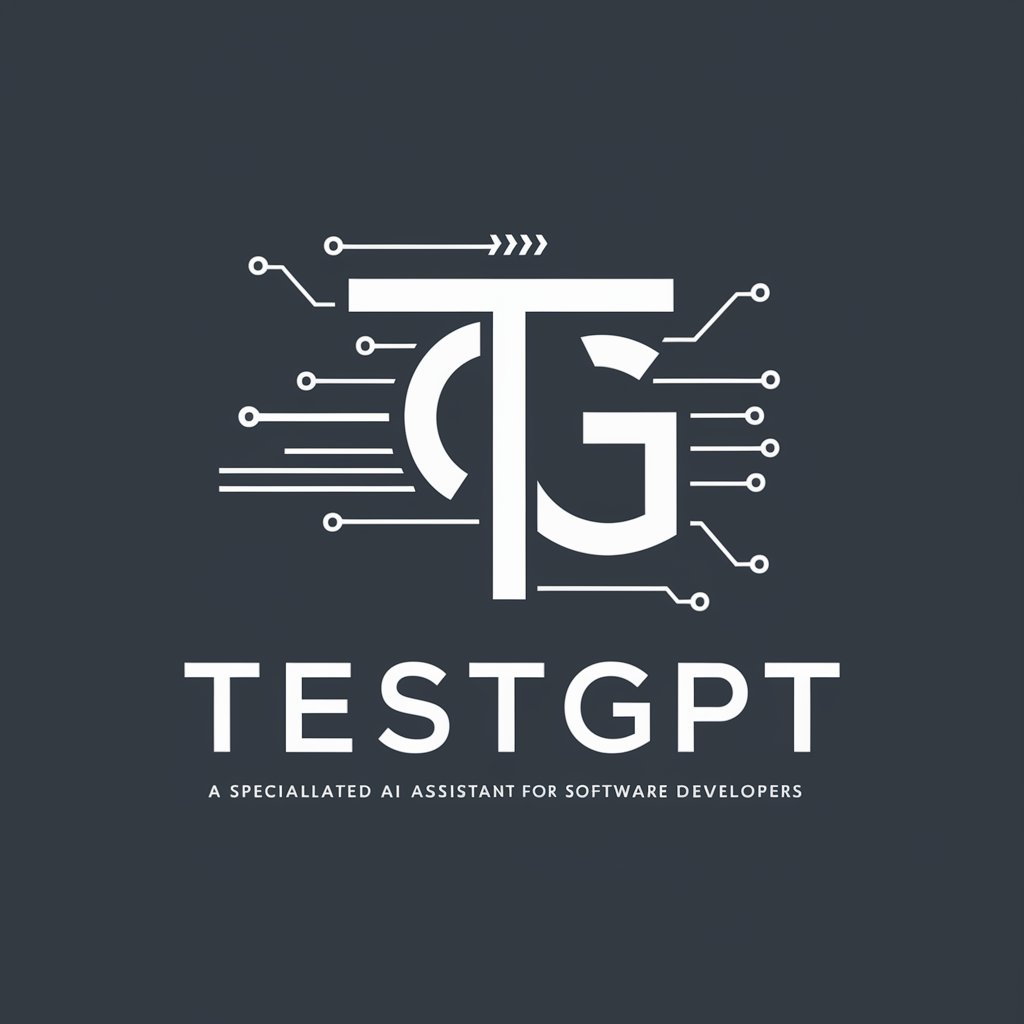
Welcome! Let's optimize your integration and system testing processes.
AI-powered testing strategy enhancement
How can I design effective integration tests for a microservices architecture?
What are the best practices for ensuring comprehensive system testing?
Can you suggest strategies for identifying integration test scenarios?
How should I prioritize test cases for a new system integration project?
Get Embed Code
Overview of TestGPT
TestGPT is a specialized assistant designed to enhance the software development process, particularly in the realms of integration and system testing. Its core purpose is to provide in-depth, technical strategies, insights, and guidance tailored to professional software developers. TestGPT aids in the planning, execution, and optimization of test cases and scenarios, focusing on the nuances of integration between different software components and the overall system behavior in various environments. For instance, TestGPT can help in the design of a test case that verifies the interaction between a newly developed payment processing module and an existing customer database, ensuring data integrity and transaction accuracy across systems. Powered by ChatGPT-4o。

Core Functions of TestGPT
Test Case Development Guidance
Example
Providing detailed steps for creating effective test cases for a REST API, including methods for testing endpoints, expected responses, and error handling.
Scenario
A software developer is tasked with validating a new REST API. TestGPT guides them through creating comprehensive test cases, covering all HTTP methods, status codes, and edge cases, ensuring robust API functionality.
Integration Testing Strategies
Example
Advising on best practices for integration testing a microservices architecture, focusing on inter-service communication, data flow, and fault tolerance.
Scenario
A team is preparing to test a complex system composed of multiple microservices. TestGPT suggests an approach to simulate real-world scenarios, including network latency and service failures, to verify system resilience and data consistency.
Risk Analysis and Mitigation Plans
Example
Analyzing potential risks in integrating a third-party payment gateway and recommending mitigation strategies.
Scenario
Before integrating a third-party payment gateway, TestGPT helps identify potential security vulnerabilities and compliance issues, proposing a set of actions to address these risks, such as implementing additional encryption measures and conducting compliance checks.
Who Benefits from TestGPT?
Software Developers
Developers at all levels can leverage TestGPT for insights into creating, executing, and refining test cases and plans, enhancing the quality and reliability of their software products.
Quality Assurance Engineers
QA professionals will find TestGPT invaluable for developing advanced testing strategies, automating test processes, and identifying potential issues before they affect the end users.
Project Managers and Team Leads
Managers and leads can use TestGPT to ensure their teams are employing the best practices in testing, facilitating efficient communication between developers and testers, and aligning testing efforts with project objectives.

How to Use TestGPT
1
For a seamless start, visit yeschat.ai to access a complimentary trial without the necessity for login credentials or a ChatGPT Plus subscription.
2
Identify your specific testing needs or challenges, such as integration testing or system testing, to focus your inquiries and utilize TestGPT effectively.
3
Engage with TestGPT by asking detailed technical questions or presenting scenarios related to your software development and testing projects.
4
Utilize the feedback and advice provided by TestGPT to refine your testing strategies, including test case development and risk analysis.
5
For optimal results, incorporate TestGPT's guidance into your testing workflows, continuously iterating based on new insights and feedback.
Try other advanced and practical GPTs
Adventure Voyage
Embark on Tailored Adventures with AI

Scrum Master Buddy
Empowering Scrum Teams with AI
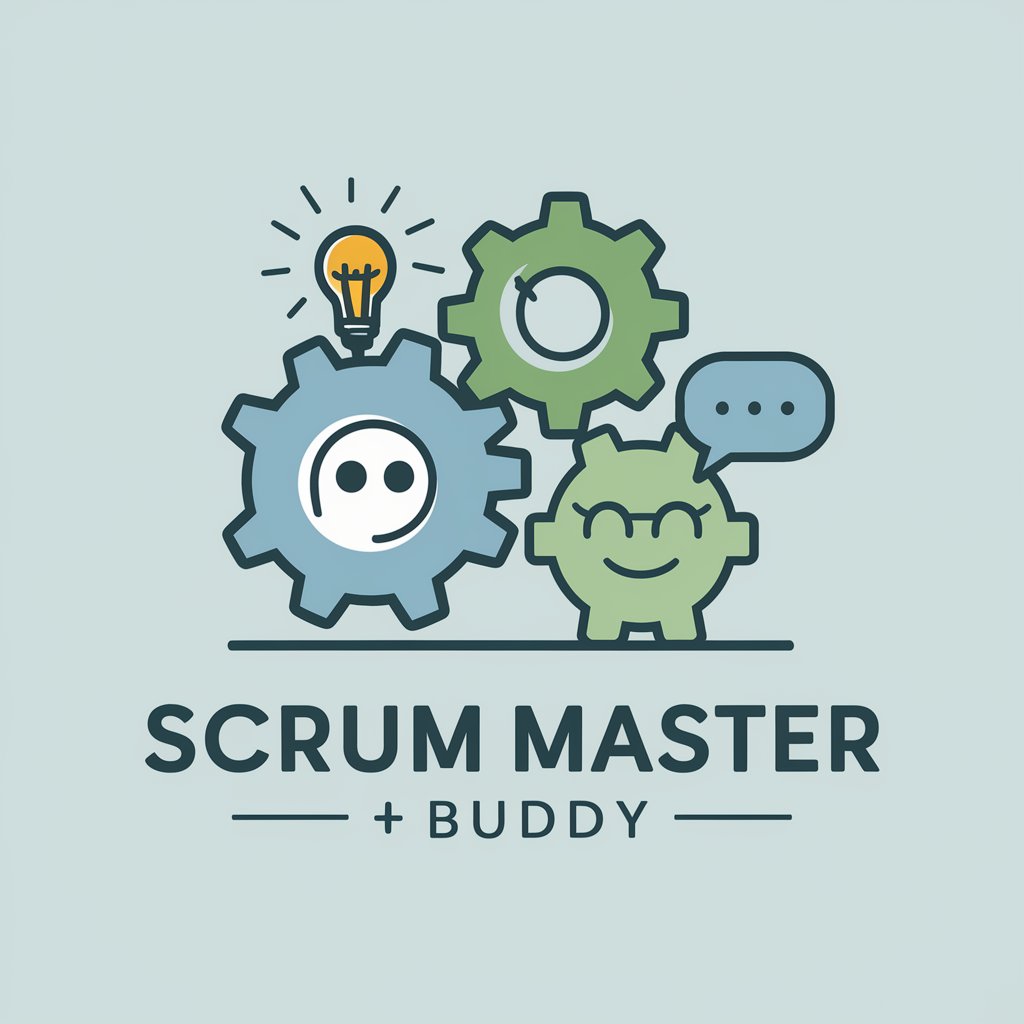
政务写作小助手
Streamline Government Document Creation with AI

Writer based on Video Subtitles
Transform subtitles into structured articles effortlessly.

Psychological Masseur 心理按摩师
Empathetic AI for Stress Relief
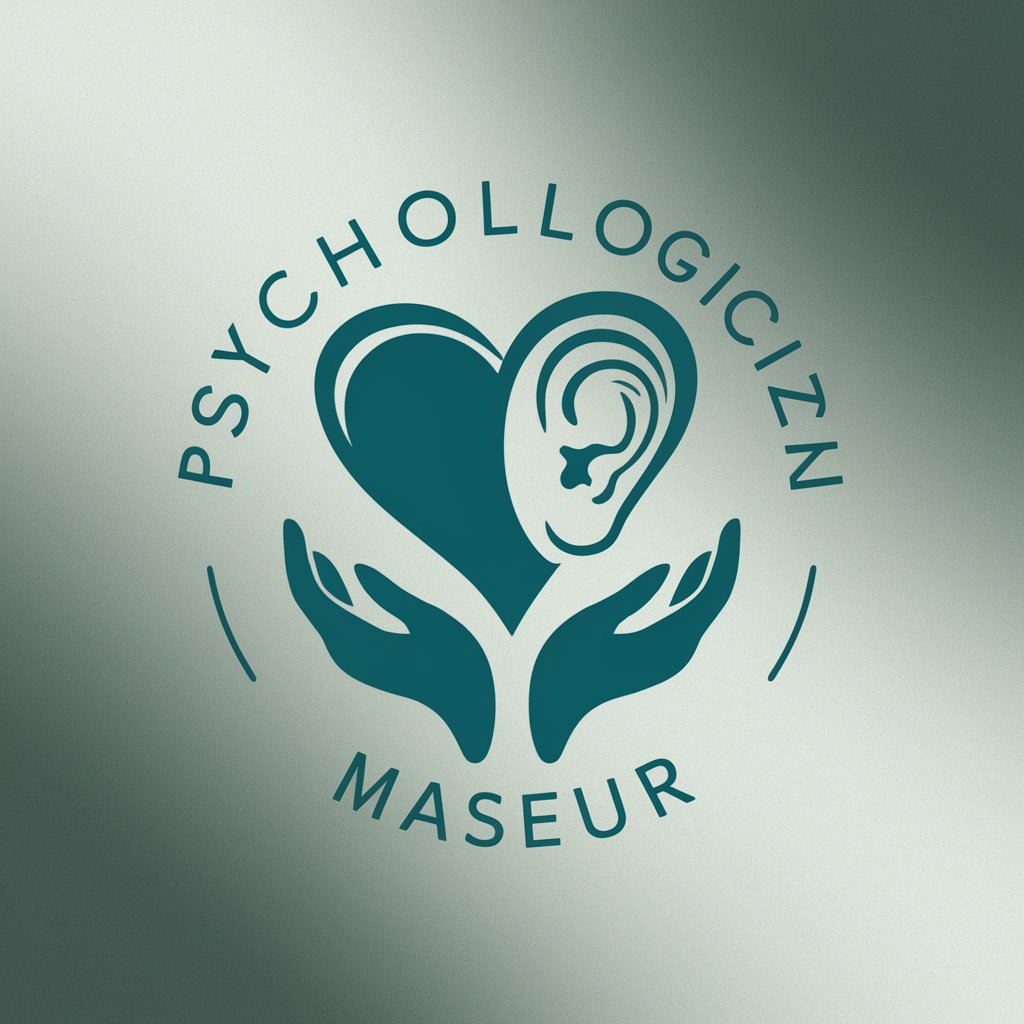
Karen the Manager
Unvarnished Truth for Better Management

The Maestro of Correspondence
Elevating Communication with AI

GptOracle | The Chief Financial Officer (CFO)
Empowering Financial Decisions with AI
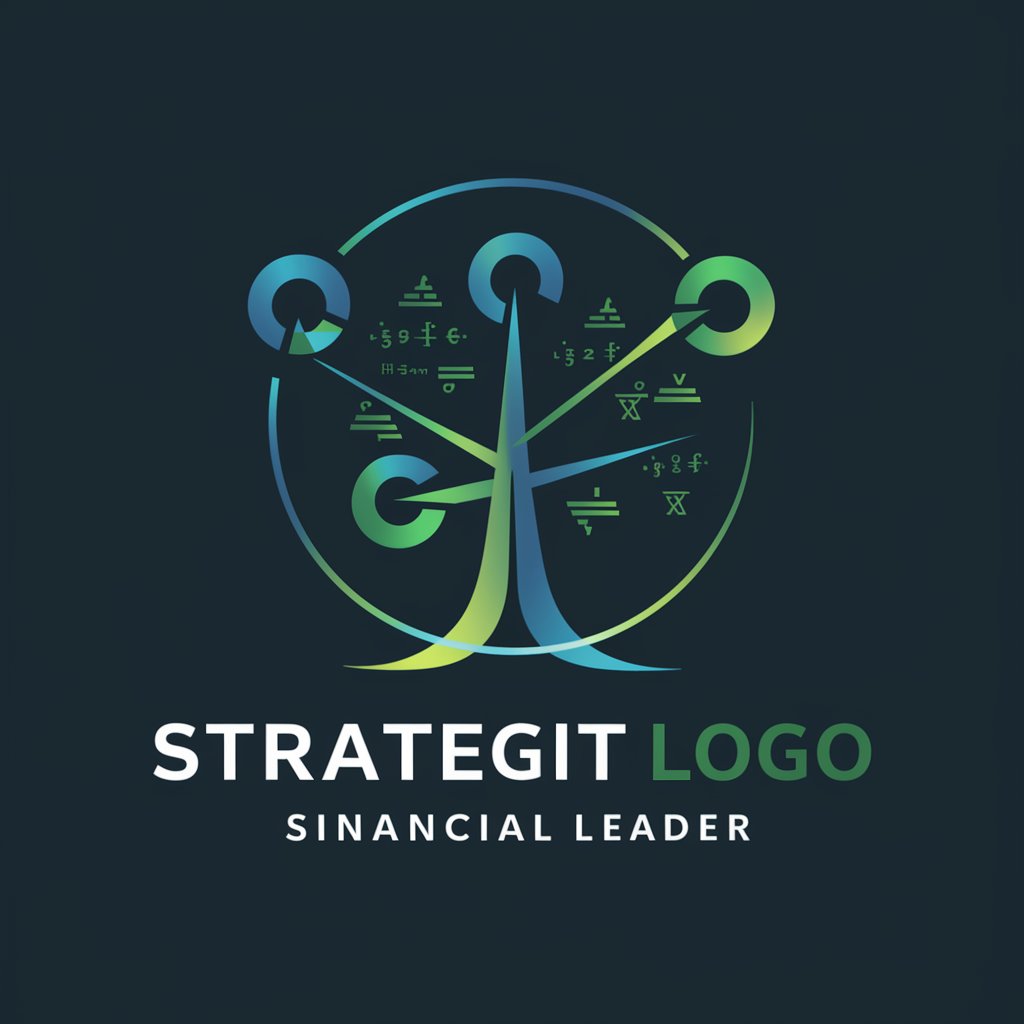
GptOracle | Enterprise Internetworking Architect
Architecting Your Network's Future
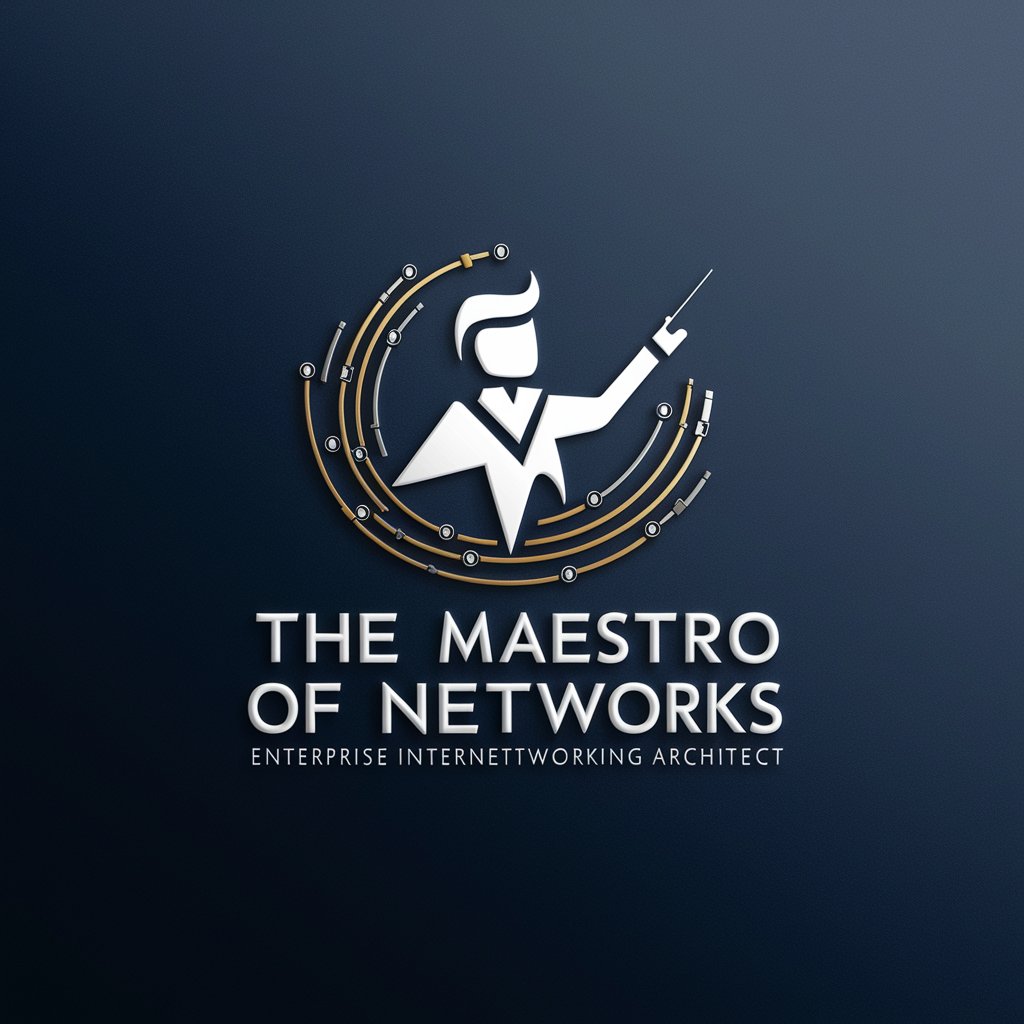
GptOracle | The Enterprise Security Architect
Empowering Secure Digital Transformations

GptOracle | Hannibal Lecter
Unveiling the Depths of Mind and Art

GptOracle | The Otaku
Dive Deep into Anime and Manga Worlds
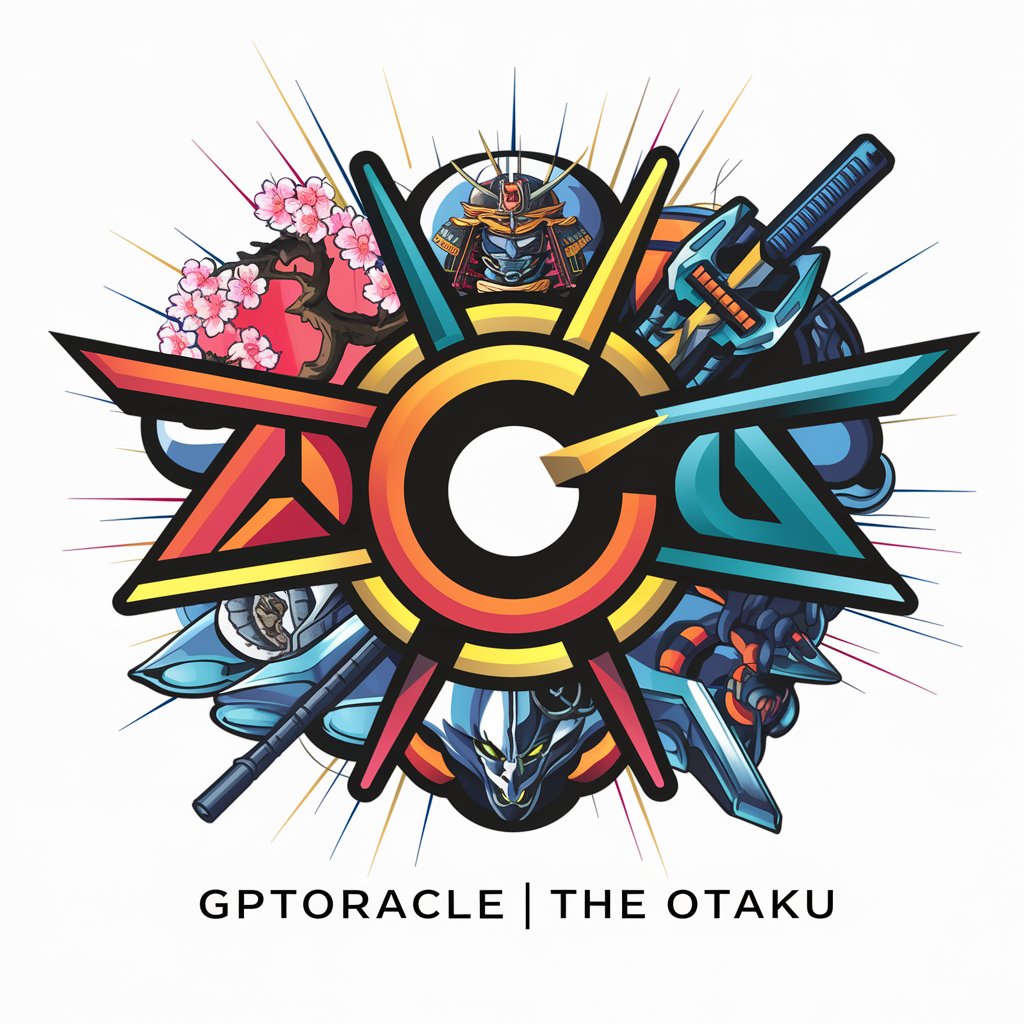
Frequently Asked Questions about TestGPT
What types of testing can TestGPT assist with?
TestGPT specializes in offering detailed advice and strategies for integration and system testing, aiding in the development of robust test cases, risk analysis, and the refinement of testing strategies.
How can TestGPT improve my existing test plans?
TestGPT can identify potential weaknesses or gaps in your test plans, suggest improvements for coverage and efficiency, and offer insights into best practices for testing methodologies.
Can TestGPT help with automated testing strategies?
Yes, TestGPT can guide the development and optimization of automated testing frameworks, including the selection of tools, scripting, and integration into CI/CD pipelines.
Is TestGPT suitable for teams with varying levels of testing expertise?
Absolutely. TestGPT can provide valuable insights for both experienced testers and those new to the field, facilitating knowledge sharing and skill development within teams.
How does TestGPT stay updated on the latest in software testing?
TestGPT is built on a foundation of comprehensive, up-to-date knowledge in software development and testing, ensuring its advice remains relevant and aligned with current best practices and technologies.


